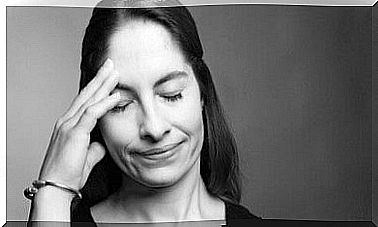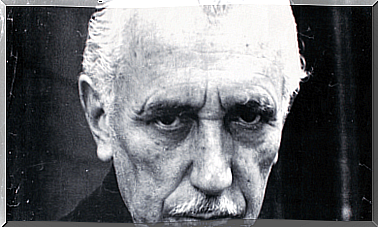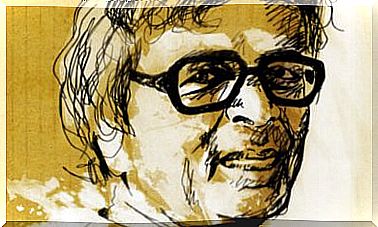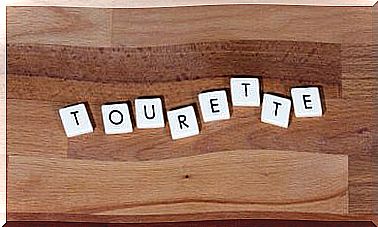What Are The Functions Of The Educational Psychologist?
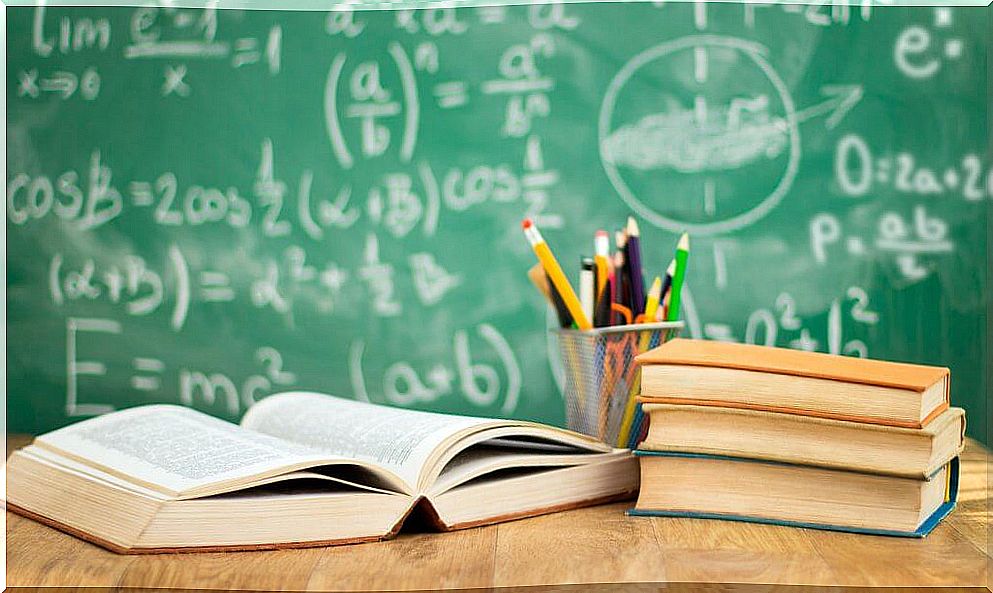
When you mention the word psychology to a person, it is normal that the stereotype of the clinical psychologist comes to mind. However, the truth is that psychology is a much broader discipline: psychology is the science that studies human behavior and its mental processes. Within psychology we can find multiple professionals, such as the educational psychologist. A figure on which we are going to deepen in this article.
Our intention will be to publicize the functions and current situation of the educational psychologist in Spain. We are talking about a hardly known professional and who performs essential functions where education has a higher quality. In addition, today we can find different obstacles or ballasts that greatly hinder their professional activity.
Who is the educational psychologist?
The educational psychologist is the professional of psychology whose mission is the study and intervention on human behavior in the context of education. Its ultimate objective is the development of the capacities of people, groups and institutions. In addition, the definition understands the term educational in the broadest sense of training, that which enables personal and collective development.
The field of study and action of the educational psychologist is related to the cognitive processes associated with or derived from learning. He reflects and develops his work at all levels of psychology, be it the social, personal, biological, health, etc. level.

It is normal to confuse the educational psychologist with other professionals: we are talking about pedagogues, counselors or clinical child psychologists. In this sense, the pedagogue is in charge of the study of education and educational models. The role of counselors is to guide people throughout their academic and professional life. And clinical child psychologists aim to treat mental disorders that appear in childhood. Although they are very different professions, the joint work of all of them is necessary to achieve a quality education.
As in any science, in the psychology of education we can find two main aspects: academic and applied. In academia we find those psychologists who are in charge of research, that is, the deepening and extension of the theory and procedures of educational psychology. On the other hand, on the applied side, there would be psychologists who use the knowledge derived from academic research to improve the quality of education.
Functions of the educational psychologist
Below I expose the functions of the educational psychologist according to the General Council of Psychologists of Spain:
- Intervention before the educational needs of the students: must be in charge of studying and anticipating the educational needs of the students. Thanks to this you can act on them to improve their educational experience.
- Functions linked to Guidance, professional and vocational advice : the general objective of these processes is to collaborate in the development of people’s skills. Through the clarification of their personal, vocational and professional projects so that they can direct their own training and their decision making.
- Preventive functions: must intervene in the application of the necessary measures to avoid possible problems in the educational experience. It is important to act on all educational agents (parents, teachers, children, counselors …)
- Intervention in the improvement of the educational act: it is of great importance to pay attention to the instruction applied by educators. Studying and applying the best educational techniques is necessary for the student’s learning and development to be optimal.
- Family training and counseling: an important part of education is provided by the family. Through the study of the family and subsequent counseling, efficient family educational models are achieved. And with this we increase the quality of life of all members of the family.
- Socio-educational intervention: academic and family life are not the only ones that educate human beings, their entire environment does. It is the responsibility of the educational psychologist to undertake the study of how the current social system influences education. And thus try to intervene in those aspects that are susceptible to improvement.
- Research and teaching: for all other functions to be fulfilled, strong research is necessary to show the directions to take. And all research would be useless without teaching that expands knowledge among other professionals and students.
For Maite Garaigordobil, from the University of the Basque Country, the main functions of an educational psychologist in relation to the parents of school children are equally fundamental. These, he argues, are those related to diagnostic information and counseling; training in topics that may be of interest to them and first-level therapeutic intervention with the family group.
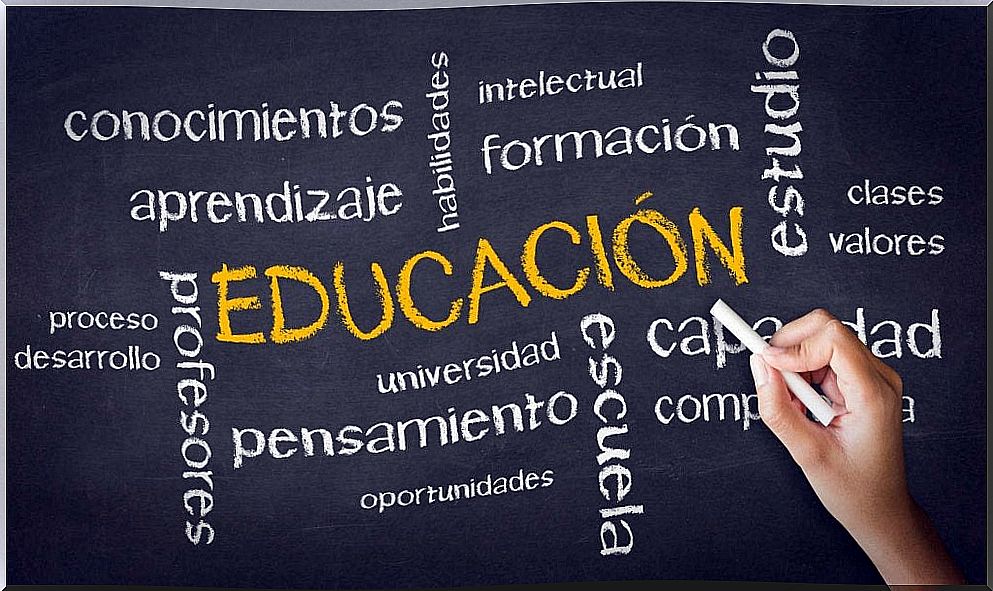
Current situation of the educational psychologist
Currently the figure of the educational psychologist encounters a variety of problems. The most relevant are: (a) ignorance on the part of the population, (b) little support from public administrations, (c) professional confusion and (d) a hostile educational system.
The bulk of the population is unaware of the existence of this profession. This leads to educational psychology having zero visibility, makes it difficult to disseminate its knowledge and the arrival of funding to support research in this field. Disclosure on the existence of this professional and the work he performs is necessary in order to increase the vision of this discipline so important for the educational quality of people.
Public administrations do not even recognize the educational psychologist in their professional activities. Those who are trained in this discipline are recognized in the eyes of the state as counselors or psychopedagogues. This lack of support is not only at the level of etiquette, nor are they generous with the resources they contribute to the discipline to promote its development.
Due to poor state organization, there is professional confusion between the functions performed by different professionals. In the same job, the same person usually performs the functions of the pedagogue, educational psychologist and counselor. Instead of one person doing everyone’s work, there should be a well-coordinated team of professionals working for the education of the students.
In this sense, the current educational system is full of errors that make it difficult for educational psychologists to practice. Today we are facing an educational system whose objective seems different from the one originally intended with its design.
Garaigordobil recognizes that currently the figure of this professional has been diminishing. For this reason, it considers essential a delimitation of functions of this educational figure, its incorporation to all educational centers and a compulsory postgraduate course in Educational Psychology with a specific European itinerary.
In addition, ultimately the decisions correspond to a political power that ignores the recommendations of scientific research. Applying good initiatives in a system that does not work does not solve the problem. A structural change in education is needed for it to be worthy of the name “education.”
To conclude, point out that education is a very important area due to the influence it has on the formation of future generations. Thus and for this reason, we need to know the professionals who work in it and the difficult role they play.

